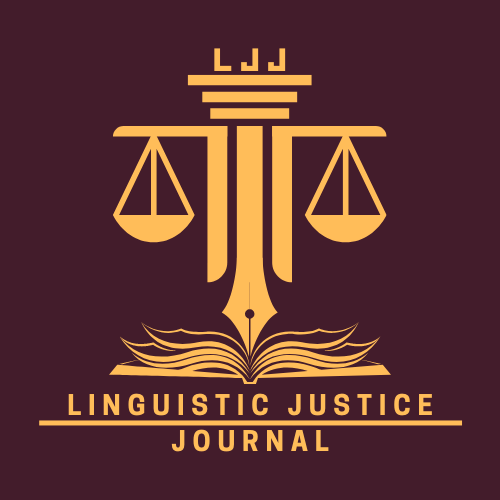By Lidia Mandefro
Language has the unique ability to transcend generational and cultural barriers and bring people together. People who otherwise have nothing in common can bond over their shared love for their dialect and the cultural ties behind it. In my country of Ethiopia, we have over 80 different cultures and dialects. Growing up, my parents wanted to share their love for their language with me but feared that I may face the same discrimination and challenges they faced in this country having English be their second language. Instead, they decided to give me the best opportunities they could and did their best to only speak English at home and encouraged me to begin reading at a young age to build my vocabulary. While I appreciate their efforts to provide me with the opportunities they did, part of me will always mourn the loss of a vital part of my culture and identity.
The summer after I turned five, we moved to the Kansas City area where we had a larger Ethiopian community. I can remember the shock of seeing so many people that looked like me. Not just in color, but in certain, distinctly habesha features, like my round face, big eyes, and large forehead. My ears were also surprised by the sound of so many people speaking what sounded just like my mom did on the phone, or my grandma while she was singing. I had finally found the community I had been missing my whole life. When I ran towards them with open arms, expecting the gesture to be reciprocated, I was judged and dismissed for being too “ferenge” which directly translates to being foreign but it is often used to describe something or someone that is too American. People began to speak only in Amharic with me in hopes of making me more habesha. It worked, for a while. That was, until I turned eight and my father left us to go back to his other family in Ethiopia. My mother could not afford our house on her own so we moved again and I lost whatever little progress I had made. After he left, my entire personality changed and I became extremely shy and self-conscious. I had lost my voice and father at the same time and was left with my worst insecurities and the responsibility of caring for my younger sibling and, in a way, my mother, as well.
As we settled into our new home and community I began to deeply appreciate the gift of language. I had mastered the use of AAVE with my friends and “proper” English in settings that required it and never had a problem with code-switching between the two, as many of my other black peers had. I had a different problem, I had no code to switch to. It only took a few seconds for someone to see that I was Ethiopian and begin speaking to me for them to realize that while we may share the same ancestry, I was not like them. I would tell my mother to only speak Amharic at home and even attempted online resources. Without the confidence to practice speaking with others, however, I was unable to recreate the difficult vowel sounds, leaving my attempts sounding childish and immature. Despite this, I was still very determined to reclaim this integral part of my identity and worked hard to at least understand what people are saying, even if I have to respond in English.
To me, language is not just something you use to communicate with others, but a way to connect with your culture and on a deeper level yourself. There are often times my mother will tell me something in Amharic that I cannot understand simply because there is no way to explain it in English. I struggled with feelings of being inadequate or regretful towards something that was not in my control, but as I continued to grow I am learning new ways I can appreciate my unique position. I have been able to help my mother translate complicated documents and my friends with their English homework. I have also learned that while language makes up a big part of your identity, it should not limit you from connecting with others.
